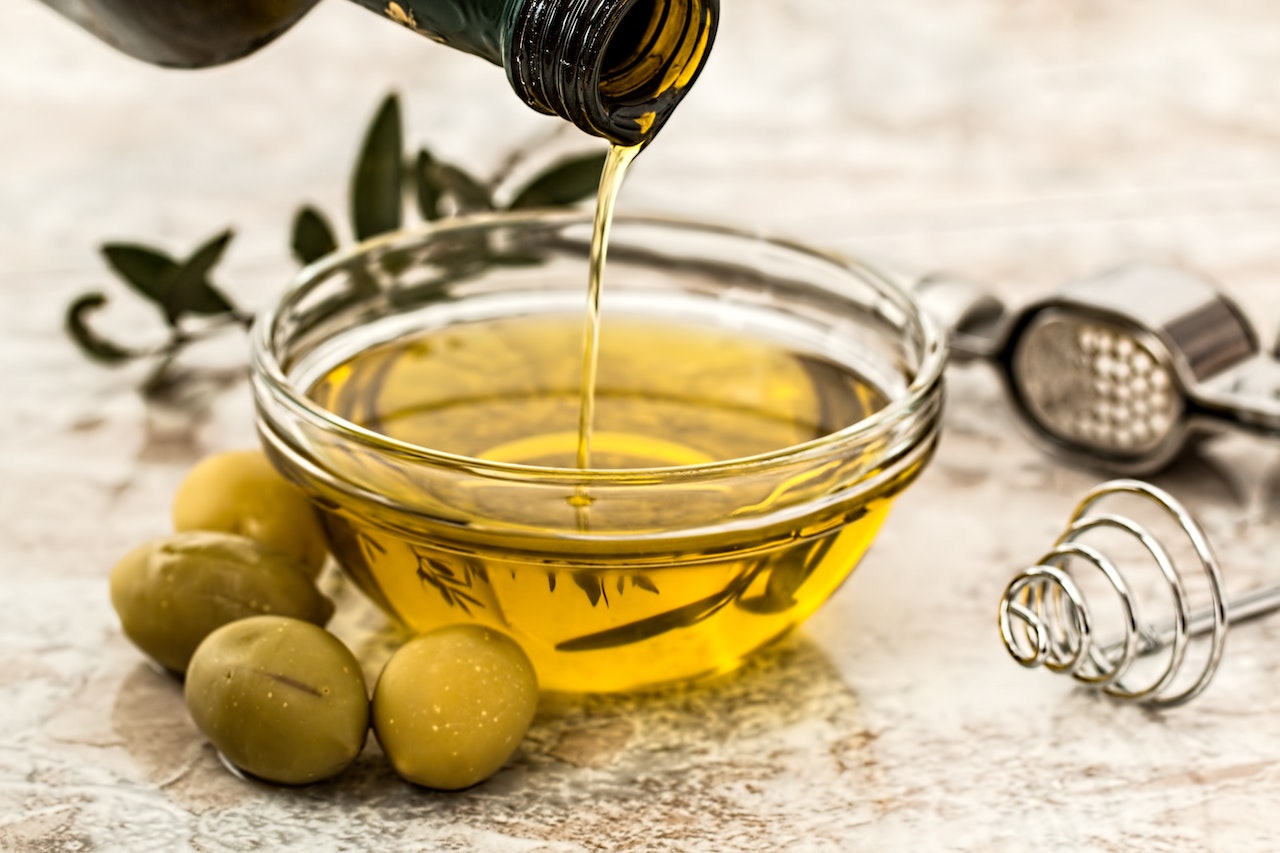How to add olive oil to your diet and why

Olive oil is obtained from pressing whole olives. The oil can be used in the place of butter and can be incorporated in all kinds of dishes, drizzled on bread, pasta, or salads, or used as an ingredient while baking.
Nutritionist Amanda Twebaze, says olive oil comes in three grades; extra virgin, virgin, and refined (light) and are labelled based on how much processing they go through before bottling. Extra virgin olive oil goes through the least amount of processing and, therefore, has more nutrient value than virgin or refined olive oils.
Fight depression
Increased consumption of olive oil can help one to think, understand, and remember better according to Twebaze. It is also linked to warding off Alzheimer’s disease. According to researchers at Temple University’s Lewis Katz School of Medicine in Philadelphia, consumption of extra-virgin olive oil protects memory and learning ability and reduces the formation of amyloid-beta plaque and neurofibrillary tangles in the brain, both classic Alzheimer’s hallmarks.
Olive oil helps in hormone-balancing and has anti-inflammatory effects that can prevent neurotransmitter dysfunction. It also helps in the production of happy hormones such as serotonin or dopamine which are necessary for mood regulation and good sleep.
Hair, skin health
Olive oil contains antioxidants that prevent damage of body cells from free radicals thereby slowing the aging process. Extra virgin olive oil is rich in Vitamin E, a fat-soluble anti-oxidant that can make hair glossier and the skin much healthier. The antioxidants can lower your risk of disease.
Fights inflammation
Inflammation in your body, which is a burning or tingling sensation leads to chronic disease and the phenols present in olive oil have anti-inflammatory properties that fight the pain and as such, can have similar effects to some pain-killers and fever reducers. It has also been shown to help protect the body from diabetes, neurological diseases, and lung cancer.
Cardiovascular disease and diabetes
When substituted for saturated fat, olive oil helps lower bad cholesterol levels. The health benefits of olive oil have been attributed to its antioxidant and anti-inflammatory properties, thereby lowering the risk of cardiovascular disease.
A diet rich in olive oil, low in saturated fats, moderately rich in carbohydrates and soluble fibre from fruits, vegetables, pulses and grains is the most effective approach for diabetics. It helps lower “bad” low-density lipoproteins while improving blood sugar and enhancing insulin sensitivity.
In addition, extra virgin olive oil contains vitamin K, a fat-soluble vitamin necessary for healthy coagulation and maintaining the levels of calcium in the blood. This can help protect against insulin resistance and several types of cancer.
Although olive oil is recommended as a healthy fat, do not use more than you need to. Alternatively, you can use an olive oil spray to help you control the amount of oil you use. While baking, you can use half the oil to cut back on some fat and calories.


















